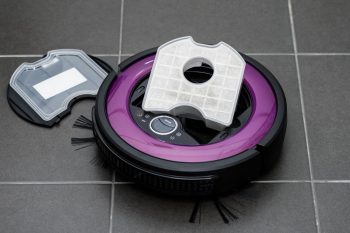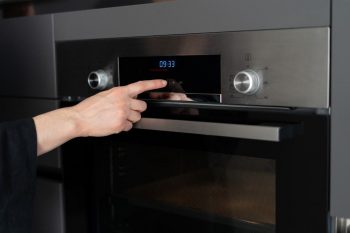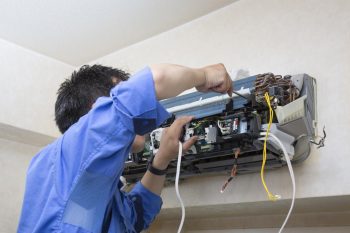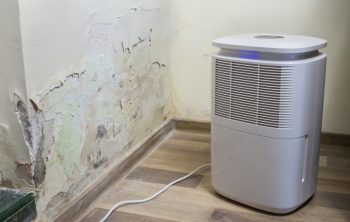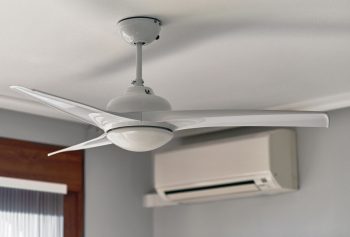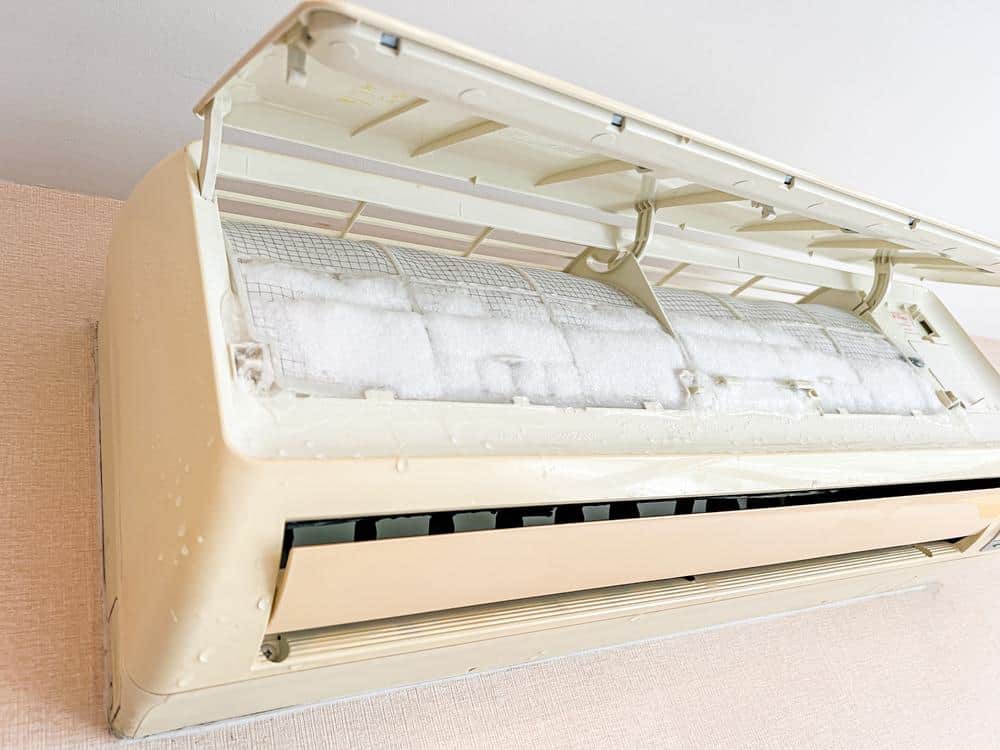
The sound of a humming air conditioner can be soothing on a hot day. It’s a reminder that relief from the heat is on the way. But when that humming turns into a loud, distracting noise, it’s not just annoying – it could be a sign of a bigger problem. If you’ve ever asked yourself, “Why is my AC vent so loud?” then this comprehensive guide is for you.
Your AC vent could be loud due to a variety of reasons such as closed or blocked vents, dirty air filters, loose or disjointed ducts, debris in the ducts, a leaking refrigerant line, narrow air ducts, high air velocity, or misaligned or loose components. Addressing these issues might involve cleaning or unblocking vents, replacing filters, tightening duct joints, cleaning ducts, or consulting an HVAC professional for more complex issues. Regular maintenance can help prevent these problems.
Common Reasons for a Loud AC Vent
There are several reasons why your AC vent might be producing more noise than usual. Let’s look at some of the most common ones:
Closed or Blocked Vents
If your vents are closed or blocked by furniture, it can lead to a whistling noise as the air struggles to pass through. Make sure all your vents are open and free from obstructions.
Dirty Air Filters
Old or dirty air filters can restrict airflow, causing a high-pitched noise. Experts recommend replacing your air filter every three months.
Loose or Disjointed Ducts
Loose ducts can create a rattling or clicking noise. If your ducts are disjointed, you may need professional help to reseal or replace them.
Debris in the Ducts
Debris trapped in the ducts can cause a buzzing, rattling, or flapping noise. Regularly cleaning your ducts can help prevent this issue.
Leaking Refrigerant Line
A leaking refrigerant line can lead to a grinding noise. This issue requires immediate attention as it can cause your AC unit to fail completely.
Narrow Air Ducts
If your air ducts are too narrow, it can cause a loud whooshing noise. You may need to consult an HVAC contractor to evaluate and possibly redesign your ductwork.
High Air Velocity
Air moving at a higher velocity than the duct and vent were designed for can result in an unpleasant noise. A professional HVAC technician can adjust the air velocity in your system to reduce the noise.
Misaligned or Loose Components
Misaligned or loose components can shake or vibrate against each other, causing noise. Regular maintenance and inspection can help identify and fix these issues.
How to Fix a Loud AC Vent
If your AC vent is loud, there are several things you can do to address the issue:
- Ensure all vents are open and unblocked. This is the easiest and quickest fix. Simply move any furniture or items blocking the vents and fully open the vents.
- Replace old or dirty air filters. This not only reduces noise but also improves your air quality and the efficiency of your AC unit.
- Clean the air ducts to remove debris. You can do this yourself or hire a professional duct cleaning service.
- Consult an HVAC contractor. If your ductwork is narrow or poorly designed, you may need a professional to redesign it.
- Have a professional adjust the air velocity. This requires specialized knowledge and tools, so it’s best left to a professional HVAC technician.
- Tighten loose air duct joints. If you’re handy, you can do this yourself. Otherwise, hire a professional to ensure it’s done correctly.
Remember, if the problem persists, it’s best to consult an HVAC professional to identify and solve the issue.
Preventative Measures
Regular maintenance and care can go a long way in preventing your AC vent from being noisy. Here are some tips to keep your AC vent quiet:
- Regularly clean or replace filters. Keeping your filters clean ensures smooth airflow and reduces noise.
- Inspect and clean ductwork. Regular inspection and cleaning can help identify potential problems before they become serious.
- Insulate ducts with fiberglass. This can help absorb sound and reduce noise from your HVAC system.
- Upgrade to a variable-speed blower. This can reduce static pressure and noise by adjusting the fan speed according to the system’s needs.
- Schedule regular HVAC checkups. Regular inspections and maintenance by a professional can help identify and address potential issues before they become serious problems.
In conclusion, while a loud AC vent can be annoying, it is often a symptom of a larger issue. Regular maintenance and prompt attention to any changes in your AC system’s noise level can help keep your system running smoothly and quietly.
Frequently Asked Questions
What is a refrigerant line and why does a leak cause noise?
A refrigerant line is a component of your AC system that carries the refrigerant (a substance needed for cooling) from the outdoor unit to the indoor unit. A leak in this line can cause a low humming or grinding noise due to the pressure change and the refrigerant escaping.
How often should I clean my air ducts?
It’s generally recommended to clean your air ducts every 3 to 5 years, but this can vary depending on factors like the size of your home, the number of people living there, and whether you have pets.
Why does high air velocity cause noise?
High air velocity can cause noise because it causes the air to move through the ducts and vents at a speed that they weren’t designed to handle. This can lead to a range of sounds, from a loud whooshing noise to a high-pitched whistling.
What is a variable-speed blower and how does it reduce noise?
A variable-speed blower is a component of your HVAC system that can adjust its speed based on your system’s needs. By operating at lower speeds when full power isn’t needed, it can reduce static pressure and noise.
How can I tell if my ducts are too narrow?
Signs that your ducts may be too narrow include a loud whooshing noise, as well as poor airflow and uneven cooling throughout your home. A professional HVAC contractor can perform an inspection and confirm if this is the issue.


